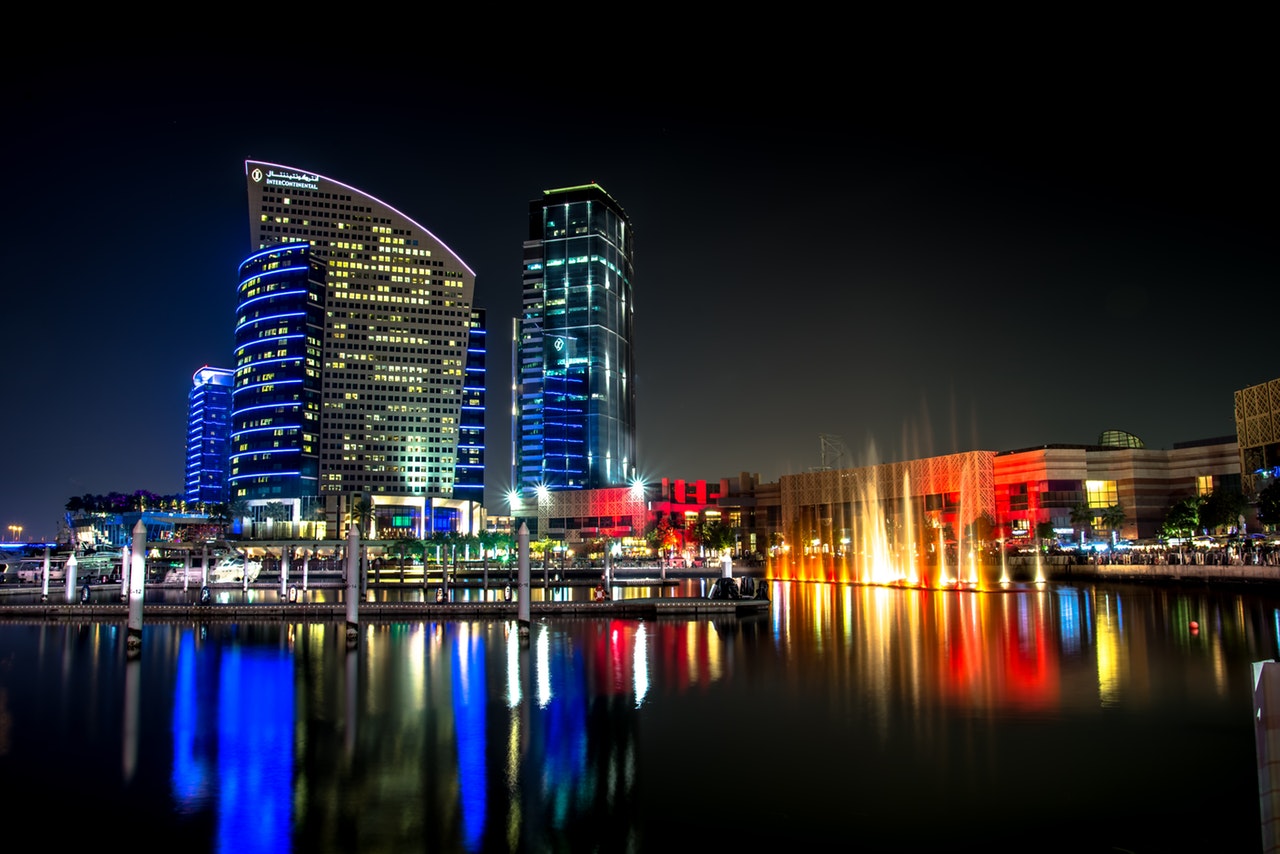
With signs of growth in the affordable property market, it seems like Dubai’s property market is starting to recover from its recent lull. However, a recent report by Phidar Advisory suggests that this recovery could take much longer than expected. With oversupply remaining as the main problem facing luxury properties, the oversaturation in the marketplace could lead to a slower rebound than hoped for.
Oversupply posing a problem
The oversupply in the Dubai property market currently stands between 5-10%, which Phidar Advisory believe to be manageable. However, the future could see further problems as the addition of this new oversupply stock lies in the luxury sector. As the market stands, the luxury property sector is one of the hardest hit by recent drops in real estate market.
Speaking to Bloomberg TV, Phidar Advisory Managing Director, Jesse Downs, states: “The problem really comes when you segment it by income and quality, and the oversupply is really in the premium market, which is the highest and the most competitive segment for development right now.”
Developers are continuing to build luxury property, as investors continue to buy them. Despite interest in building in this luxury property sector, Dubai simply does not have the demand to meet the increasing supply.
Downs continues: “The problem really comes when you segment it by income and quality, and the oversupply is really in the premium market, which is the highest and the most competitive segment for development right now.”
A slowing market
This could lead to an overall market slow down, resulting in a delay of projects being completed. As a result, developing properties in the area could take up to 10 years to complete.
As the market begins to show signs of decreasing demand, this could influence the completion rate of projects already in the works. With the chance of a high return on investment (ROI) reducing as the property market falters, investment into the construction work could ease.
In addition, the current financial climate is already turning investors off property investment. Due to a combination of factors, including low oil prices, US dollar exchange rates and GDP growth in key foreign buy markets such as India and the UK, investment in Dubai is low. This is preventing the rapid rebound that the Dubai property market is hoping for.
This leaves Dubai with the worrying prospect of being surrounded by unfinished luxury property projects.
An ongoing slump?
According to a report released by S&P Global Rating, Dubai real estate prices could decline by 10-15% over the next 2 years, as new supply hits.
Speaking to Reuters, S&P Global Ratings’ Credit Analyst states: “We believe this correction will continue at least for this year and next, before prices stabilise in 2020 at the earliest.”
Although the Expo 2020 held in Dubai is likely to renew the property market, the sector is likely to face problems from oversupply for the foreseeable future. Along with geopolitical risks and the introduction of VAT in the UAE, it looks unlikely to recover any time soon.
About Samir Salya
Samir Salya is the Chairman of Reign Holdings and is involved in UK and UAE real estate and construction. Samir holds over 20 years’ experience in executive management, business expansion, performance improvement, sales and marketing.

